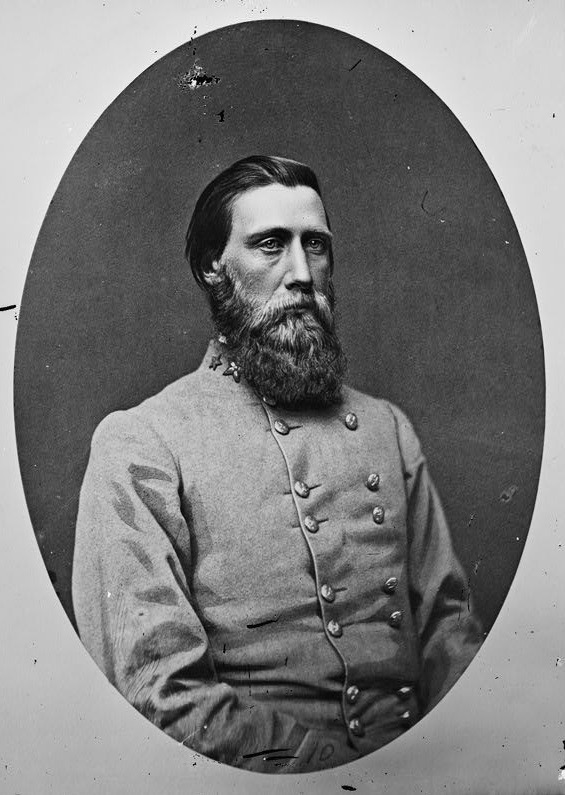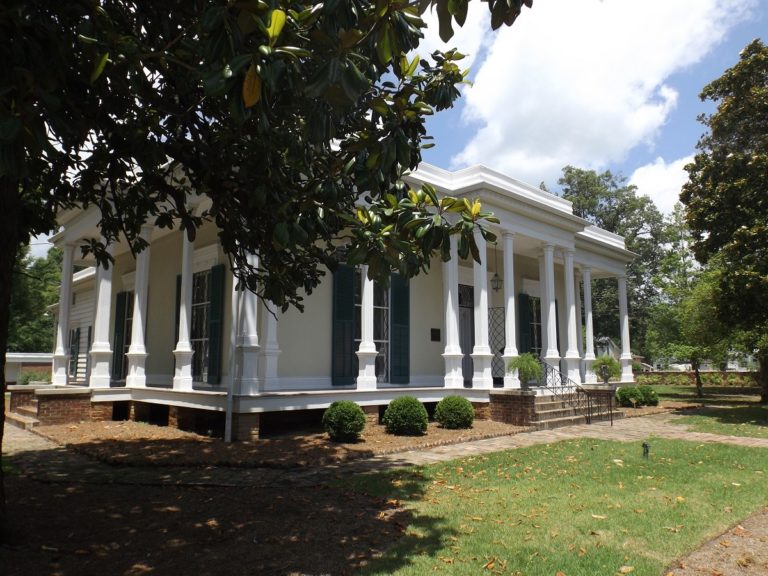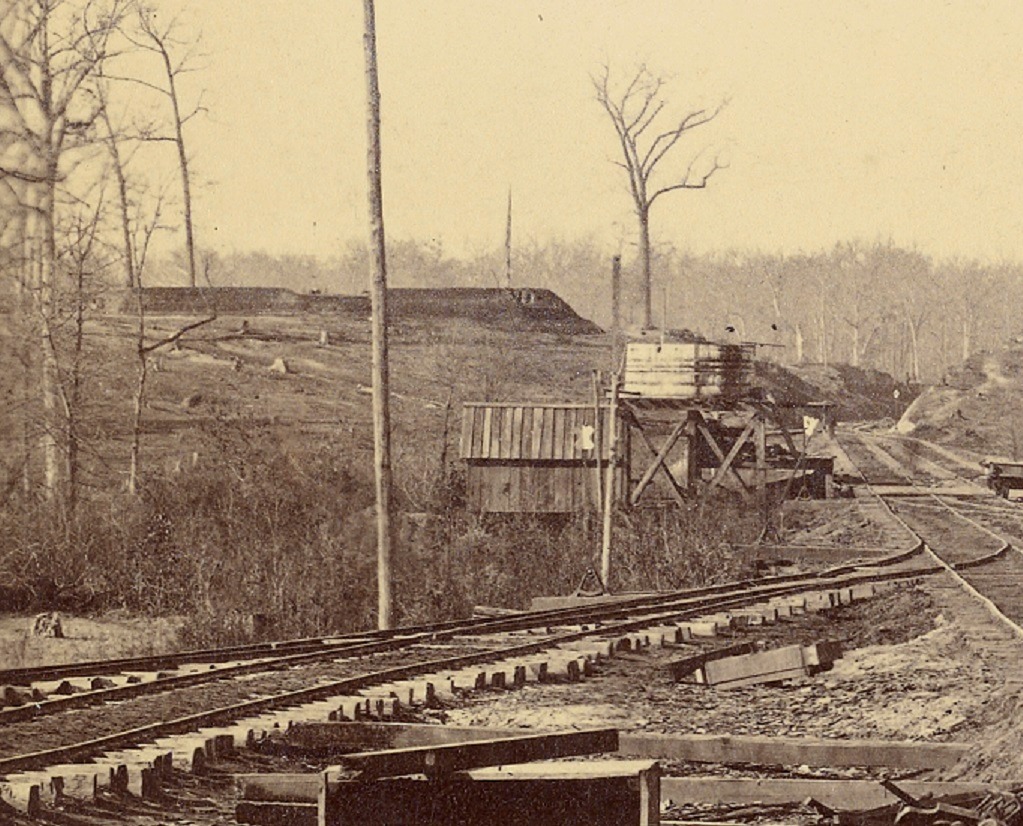Sorrowful New Year's Eve:
December 31, 1864

Lt. Gen. John B. Hood (Library of Congress)
On the last day of December, 1864, Lieutenant General John Bell Hood arrived in Corinth and warmed his chilled feet at the hearth in Mr. William Simonton’s Verandah House on Jackson Street. Over the next three days his battered army settled into camps at Corinth, Burnsville, and Rienzi.
There was little enough food or supplies to greet them. Though the Mobile & Ohio Railroad had been patched together, a Union cavalry raid under Benjamin Grierson had disabled it only a few days earlier. Hood had ordered rations to be sent to Corinth but they never arrived. One soldier lamented, “We expected to draw clothing in Corinth, but there was none for us.”
As Benjamin Cheatham’s division marched toward town along the battered tracks of the Memphis & Charleston, they saw thousands of graves near the house of Dr. Joseph Stout. These were men who died of disease or wounds, prompting one officer to observe the entire countryside was a vast cemetery, with the names and regiments carved into the headboards mostly Southern. It would have been of small consolation had the man viewed the thousands of Federal graves scattered to the north and west.
Colonel Samuel Lockett, who as a captain had overseen the creation of the “Beauregard Line” in the spring of 1862, returned to survey the city defenses. With an insufficient number of soldiers and slaves to perform the task, Lockett concentrated his efforts on restoring the massive Battery Williams and a few of the adjacent fortifications. The heavy artillery he had requested never arrived, so light field pieces were wheeled into position. The pursuing Federals had stopped at the Tennessee River, and for this one night, and perhaps a few days more, the army was safe.
Hood’s soldiers would soon move again, south to Tupelo where they would again find little to eat. To ease the supply burdens, many soldiers were furloughed home. Few of them would return.
Some Confederate troops, however, would turn east, to look for Gen. Joseph Johnston’s small army in the Carolinas. Perhaps it was here in Corinth one of them added new lyrics to “The Yellow Rose of Texas”:
Oh my feet are torn and bloody, and my heart is full of woe,
I’m going back to Georgia, to find my Uncle Joe,
You may talk about your Beauregard, and sing of Bobby Lee,
But the gallant Hood of Texas, he played hell in Tennessee.
Hood departed Corinth on January 5th, and would resign in eighteen days. It was a bleak start to 1865, and things would continue to get worse before the end.
-Park Ranger Tom Parson
Shiloh National Military Park

Besides Lt. Gen. John B. Hood, generals such as Braxton Bragg, Earl Van Dorn, Henry Halleck, A.J. Smith, and Grenville Dodge utilized the Verandah House in Corinth as a Civil War headquarters. (NPS Photo)

In an image from 1863 taken from near Corinth’s crucial railroad junction, Battery Williams guards the western approach to town. (Corinth Crossroads Museum collection)
